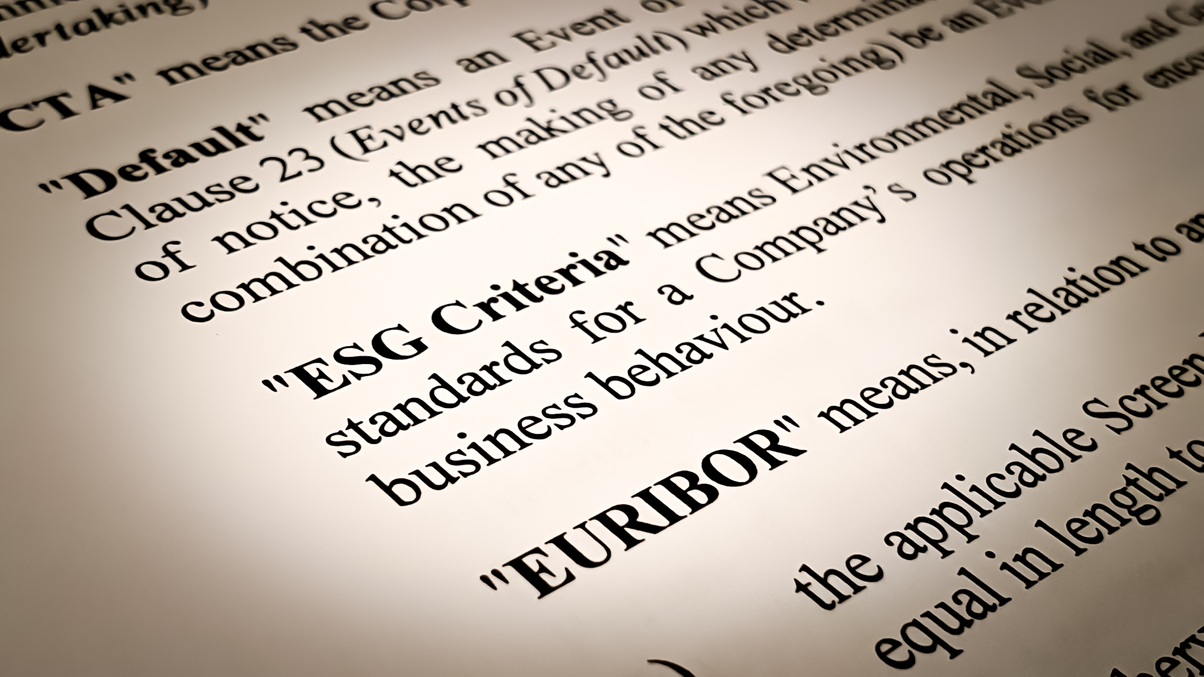Taiwan to unveil new ESG guidelines to rising investor interest
Regulators and investors are gearing up to integrate ESG factors in their investment processes this year.

Taiwan regulators are drafting new environmental, social and corporate governance (ESG) rules to prevent greenwashing – a move welcomed by locally based asset owners and fund managers, who are weighing up their investments into sustainable strategies.
Sign in to read on!
Registered users get 2 free articles in 30 days.
Subscribers have full unlimited access to AsianInvestor
Not signed up? New users get 2 free articles per month, plus a 7-day unlimited free trial.
¬ Haymarket Media Limited. All rights reserved.


